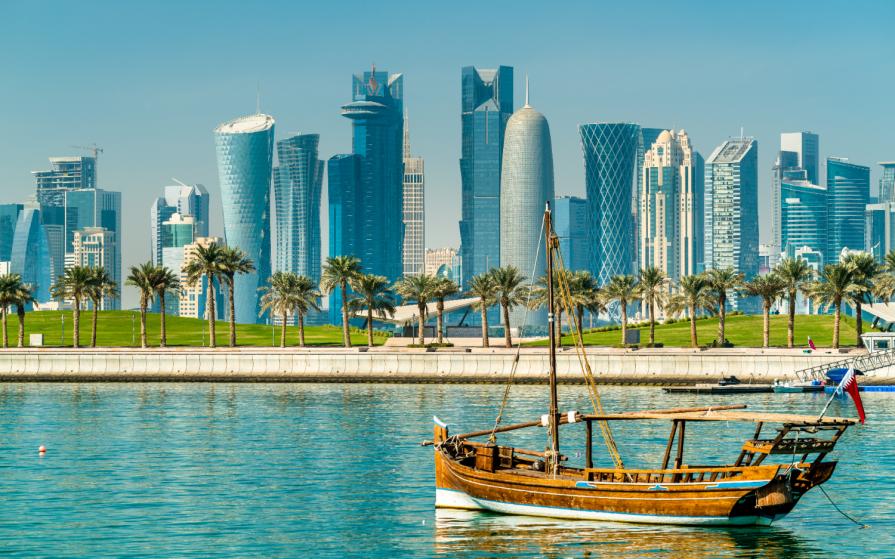Qatar is a tiny emirate in the Persian Gulf, but the scale of its wealth is staggering. In 2019, the country was recognized as the richest in the world: third place in terms of natural gas reserves and GDP per capita is twice as high as in the UK. Now imagine – this luxury coexists with strict Islamic laws: too revealing clothes are forbidden here, even half of the sites on the Internet are blocked because of pornography. Paradox? Of course! But life in Qatar is not limited to this.

Work? No, you haven't heard
Do you know what the Qataris do? Almost nothing. Of the 2.8 million inhabitants of Qatar, only 13% are natives, most of them are foreigners who came here to work. But native Qataris do not have to work at all: the state literally bathes in oil and gas revenues and generously shares with citizens.
From birth, Qatari babies are given an account to which the state deposits about $3,000. This is just the beginning: over the years, the amount grows, and by the age of majority, everyone becomes the owner of a solid capital.
But that's not all: any business in Qatar is required to have a local sponsor who receives a part of the profits simply for being a citizen of the country. This is a "protection by passport". This is how, without working, Qataris become co-owners of companies. If some of them still decide to go to work, then only for high-paying positions in government agencies or large corporations.

Taxes? What are the taxes?
No, really, what taxes? They are simply not here! No. Even expats living in Qatar are exempt from taxes. Only companies pay 10% of income.
Please pay attention: water and electricity are also free for Qataris, as well as education and medicine. Need housing? Here is an interest-free mortgage for you. Salary? Of course, higher than that of visitors. Well, who can say that life is unfair?
Alcohol - Guests Only
Qatar is a Muslim country, and there is a dry law: alcohol is generally forbidden to locals, you will not find it in shops and supermarkets.
For foreigners, there are indulgences: alcohol can be bought in hotel restaurants or in the only (!) alcohol market - Qatar Distribution Company. But it's not that simple: to get access to alcohol, you need a passport of another state, an employer's permission and a salary of at least 4,000 Qatari riyals (about 1,000 dollars).
Do you want to bring a bottle from Duty Free? It won't work: the alcohol will be taken away during inspection at the airport, but, pleasantly, it will be returned upon departure.

Weddings: men to the left, women to the right
Here, gender division is not just a tradition, but a real way of life. For example, weddings in Qatar are celebrated separately. The men gather in the tent, congratulate the groom and treat themselves to a festive dinner, while the women dance and enjoy sweets in the halls at the hotels. When the bride appears, the guests shower her with money - this is the tradition. At the end of the evening, the groom and his relatives finally come for the bride - everyone is photographed, and the celebration ends there, the young people go home.

Men decide everything
For example, you want to go on a trip. Or get married. Or start working. If you are a Qatari woman, this is impossible without the permission of a man! Up to the age of 25, girls are under the care of their father, brother or husband. But even after this age, much depends on the "mood" of the guardian - for example, the husband can forbid traveling abroad, and his word will be law.
Why is that? This is largely due to the fact that there are three times fewer women in Qatar than men. Most foreigners here are workers in construction and oil companies, and local women remain in the minority.
Contrasts of luxury and prohibitions
Qatar is a country of paradoxes: here you can not work, not pay taxes, and luxury is available to every citizen. But at the same time, there are strict traditions that do not allow you to relax. This is how it is, an emirate of contrasts!
And if you are thinking about your future, studying at a university in Qatar can be an excellent choice. The country invests heavily in education, offers modern campuses, and provides students with access to global opportunities and scholarships — a perfect way to combine learning with exposure to this unique culture.








